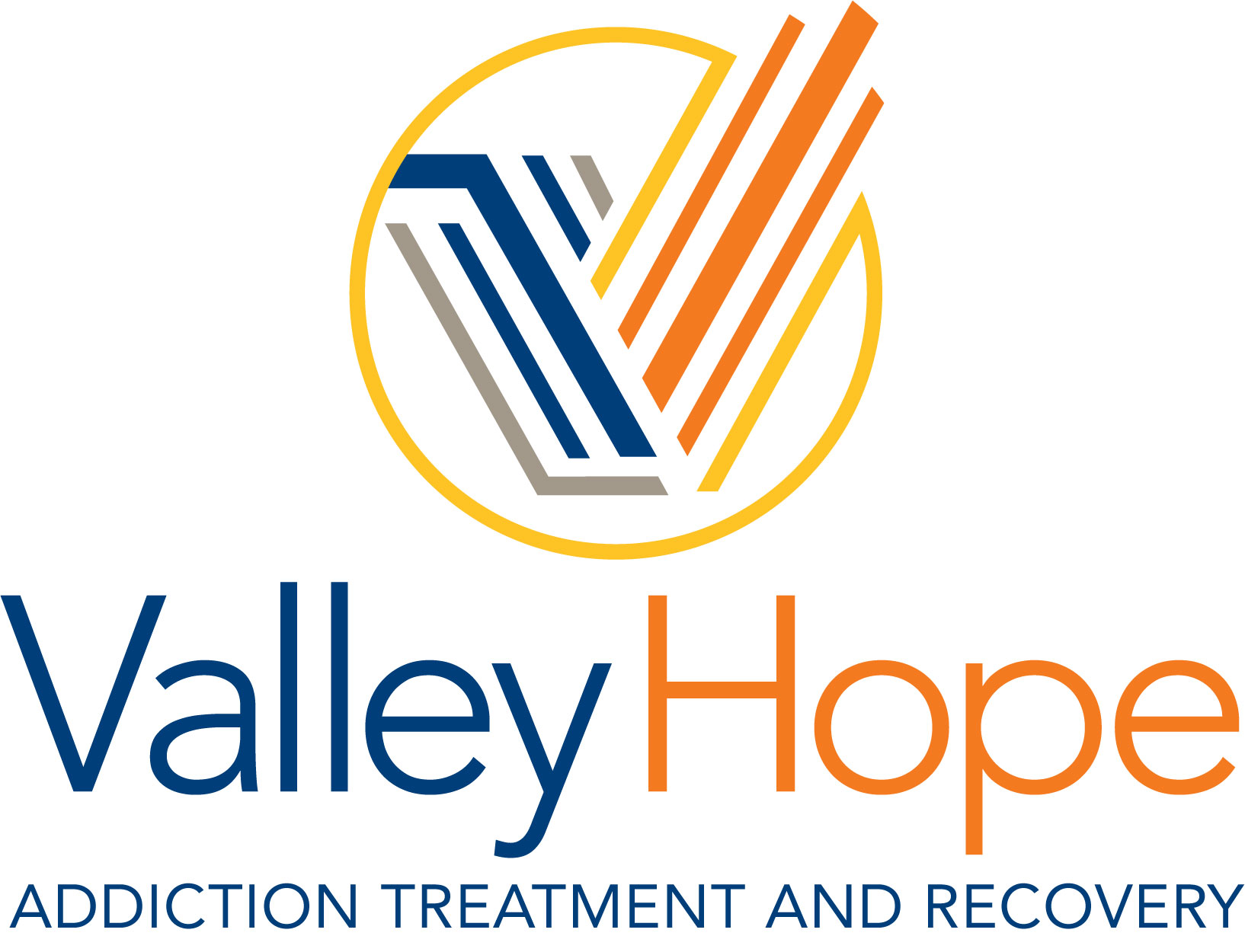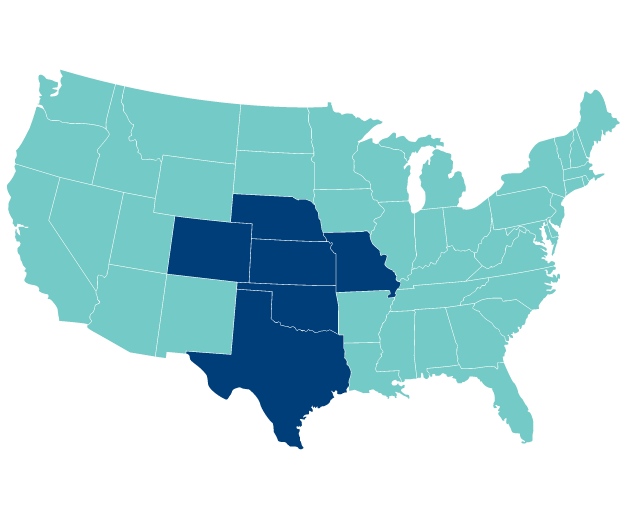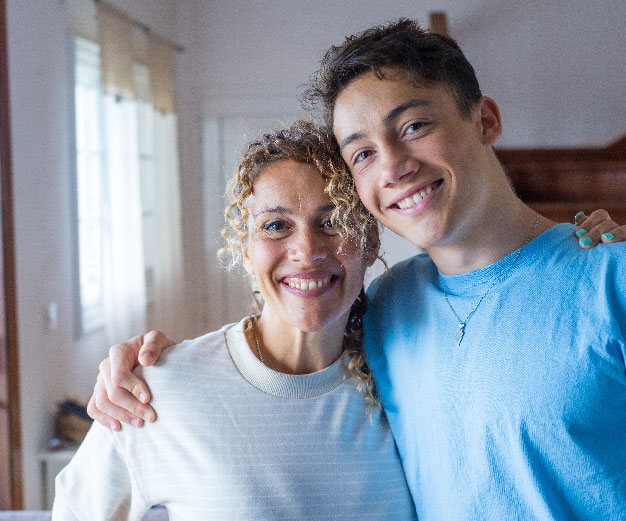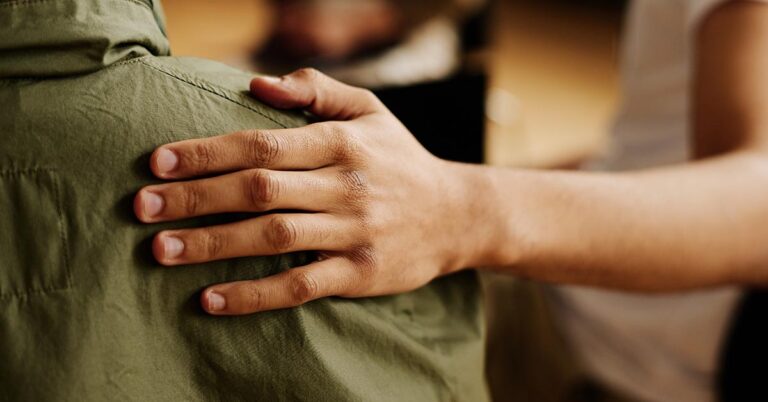Addiction often damages the most meaningful connections in our lives. Family bonds, friendships, and trust can become strained or broken as substance use takes hold. But recovery offers something extraordinary, the chance to rebuild, repair, and reconnect. One of the most powerful tools in that process is gratitude.
Gratitude can transform recovery journeys. When you begin to focus on thankfulness for progress, for people, for the second chances that recovery brings, something begins to shift. Gratitude softens hearts, restores perspective, and helps rebuild the bridges that addiction once tore down.
Understanding the Power of Gratitude in Recovery
Gratitude is more than simply saying “thank you.” It’s a daily practice of recognizing the good in life, even when it feels small. In recovery, gratitude helps replace shame with acceptance, hopelessness with optimism, and isolation with connection.
Substance misuse often narrows a person’s focus until the world feels small and dark. Gratitude widens that focus again. It reminds us of what’s possible, of the people who matter most, and of the fulfilling life that healing brings.
Research continues to show that gratitude has measurable benefits: lower stress, better mental health, stronger relationships, and a greater sense of purpose. For people in recovery, it also helps strengthen emotional resilience, specifically the ability to handle life’s challenges without returning to old coping mechanisms.
At Valley Hope, our counselors often encourage patients to keep gratitude journals or to share “gratitude reflections” during group sessions. These small practices can create a routine that can lead to profound change, while also helping patient reconnect with the positive aspects of their lives and relationships.
Repairing Relationships Through Gratitude
Addiction can leave behind guilt, resentment, and broken trust not just for the patient, but family and other loved ones. Rebuilding those relationships takes patience, time, humility, and consistent action. Gratitude helps open that door.
When you express genuine appreciation for those who supported you, even when you weren’t at your best, you begin to replace old patterns of hurt with new ones rooted in respect and compassion. Saying “thank you” with genuine intention to a parent, a partner, or a friend isn’t just polite; it’s healing. It acknowledges their pain, honors their patience, and validates their love for you.
Three Ways Gratitude Heals Relationships:
1. Gratitude Builds Humility
Gratitude invites humility into relationships. It allows people to acknowledge their part in the past without being trapped by shame. Saying, “I’m thankful you never gave up on me,” is a powerful way to honor someone’s support and begin rebuilding trust.
2. Gratitude Strengthens Communication
In active addiction, communication often breaks down into defensiveness, dishonesty, and denial. Gratitude creates space for empathy and listening. When we focus on appreciation instead of blame, conversations become softer and more productive. You have to open yourself so that rebuilding trust can begin.
3. Gratitude Fosters Forgiveness
Forgiveness of self and others is one of the hardest parts of recovery. Gratitude helps make it possible. When we focus on what we’re thankful for instead of what we’ve lost, forgiveness feels more attainable. It helps release anger and invite healing.
The Family Perspective: Gratitude Goes Both Ways
Families and loved ones also walk their own path of healing during recovery. Gratitude can help them too. It allows families to see progress, rebuild trust, and appreciate the strength it takes to stay in recovery.
Family members who practice gratitude often report reduced anxiety, better communication, and renewed hope. At Valley Hope, our Family Care Program teaches families how to recognize and express gratitude as part of their shared healing process. By focusing on growth instead of blame, families create a more supportive environment for lasting recovery.
Gratitude as a Foundation for Long-Term Recovery
Recovery is about more than sobriety, it’s about rediscovering joy, purpose, and connection. Gratitude strengthens all of these. It reminds us to slow down, to notice the good, and to nurture the relationships that sustain us.
Over time, gratitude becomes a cornerstone habit. It helps people maintain perspective during challenges and celebrate progress through every stage of recovery. Most importantly, it reinforces one of the deepest truths of the healing journey: that recovery is not just about surviving, it’s about living fully, with appreciation and grace.
Find Your Gratitude with Treatment and Recovery
Recovery isn’t about what you’ve lost, it’s about what you can rebuild. Gratitude gives you the strength to reconnect, the courage to forgive, and the clarity to move forward.
At Valley Hope, we believe gratitude is one of the most powerful tools for healing. Through our evidence-based treatment and compassionate counseling, we help individuals and families rebuild their lives and relationships: one grateful step at a time.
Take the first step today by calling a caring treatment expert at (800) 544-5101. Gratitude can change everything, and your recovery journey can start now.









